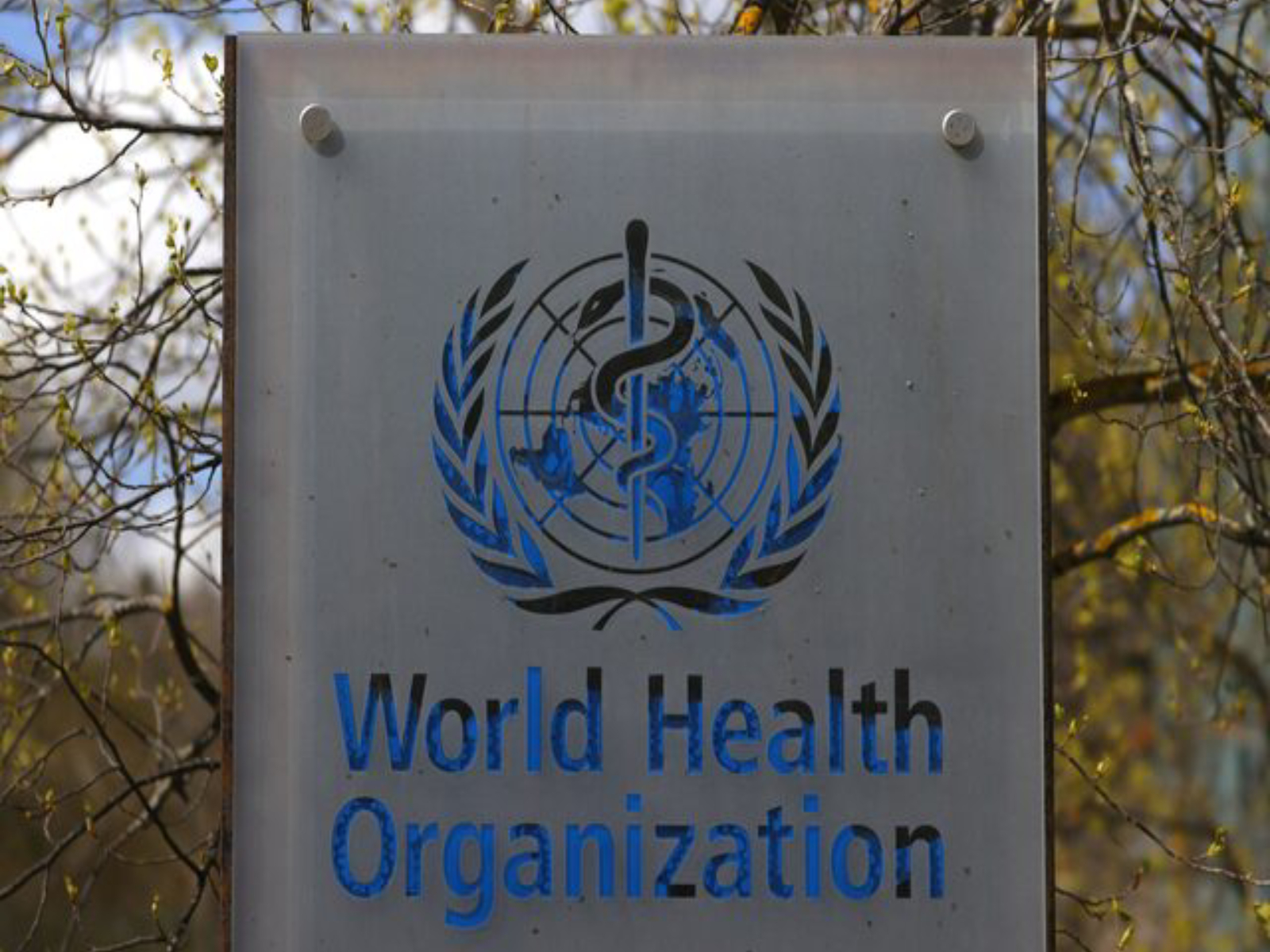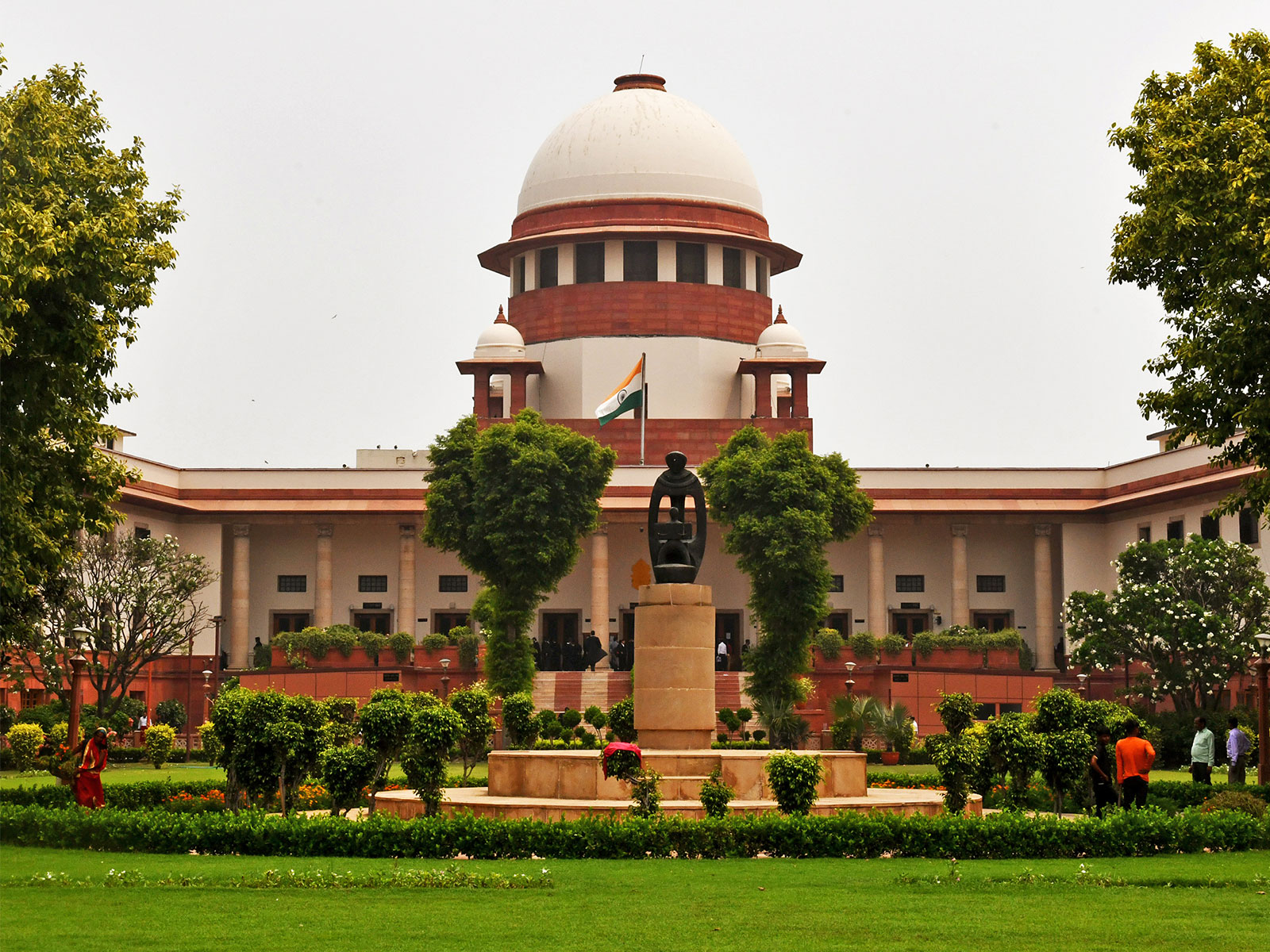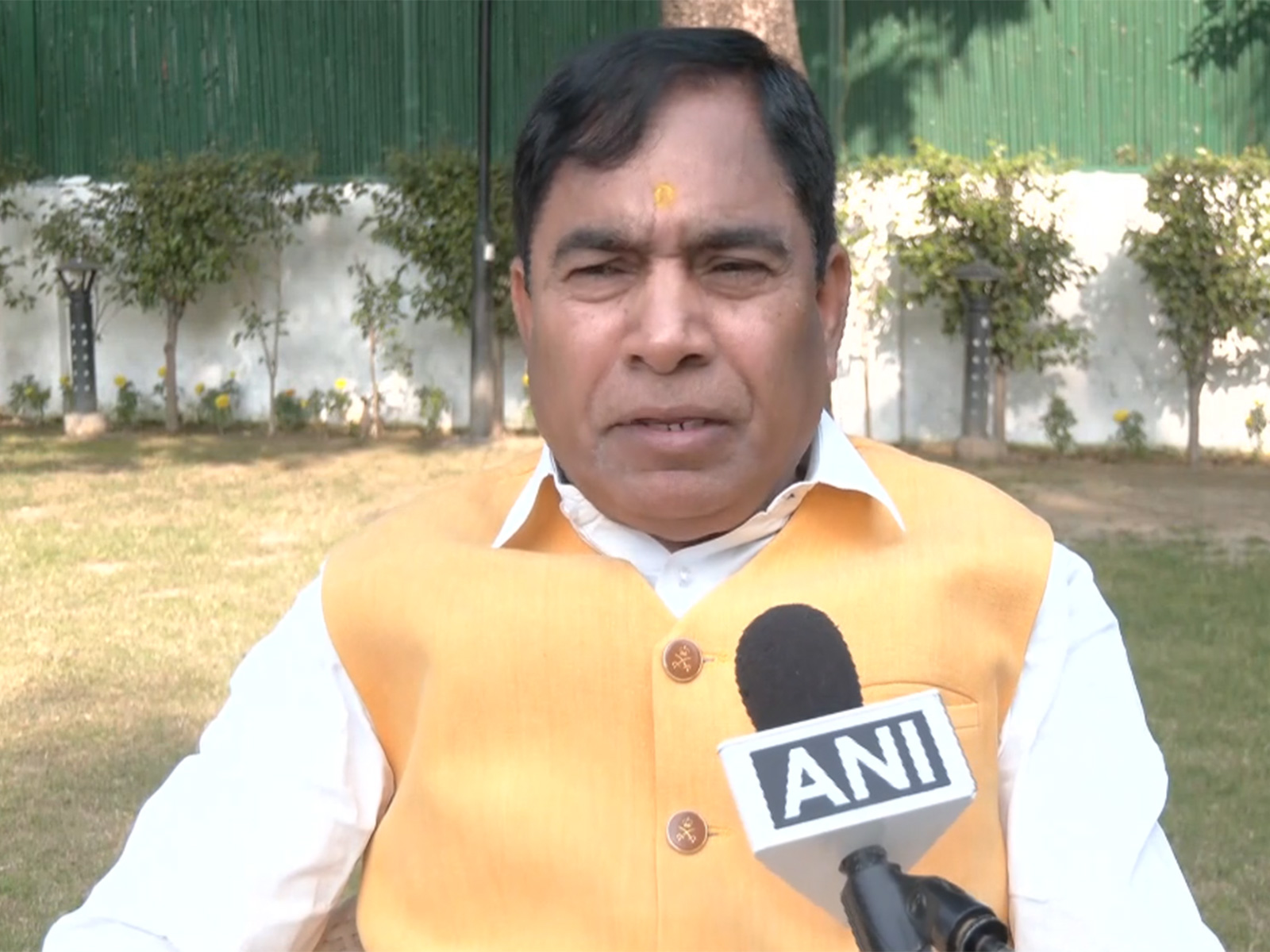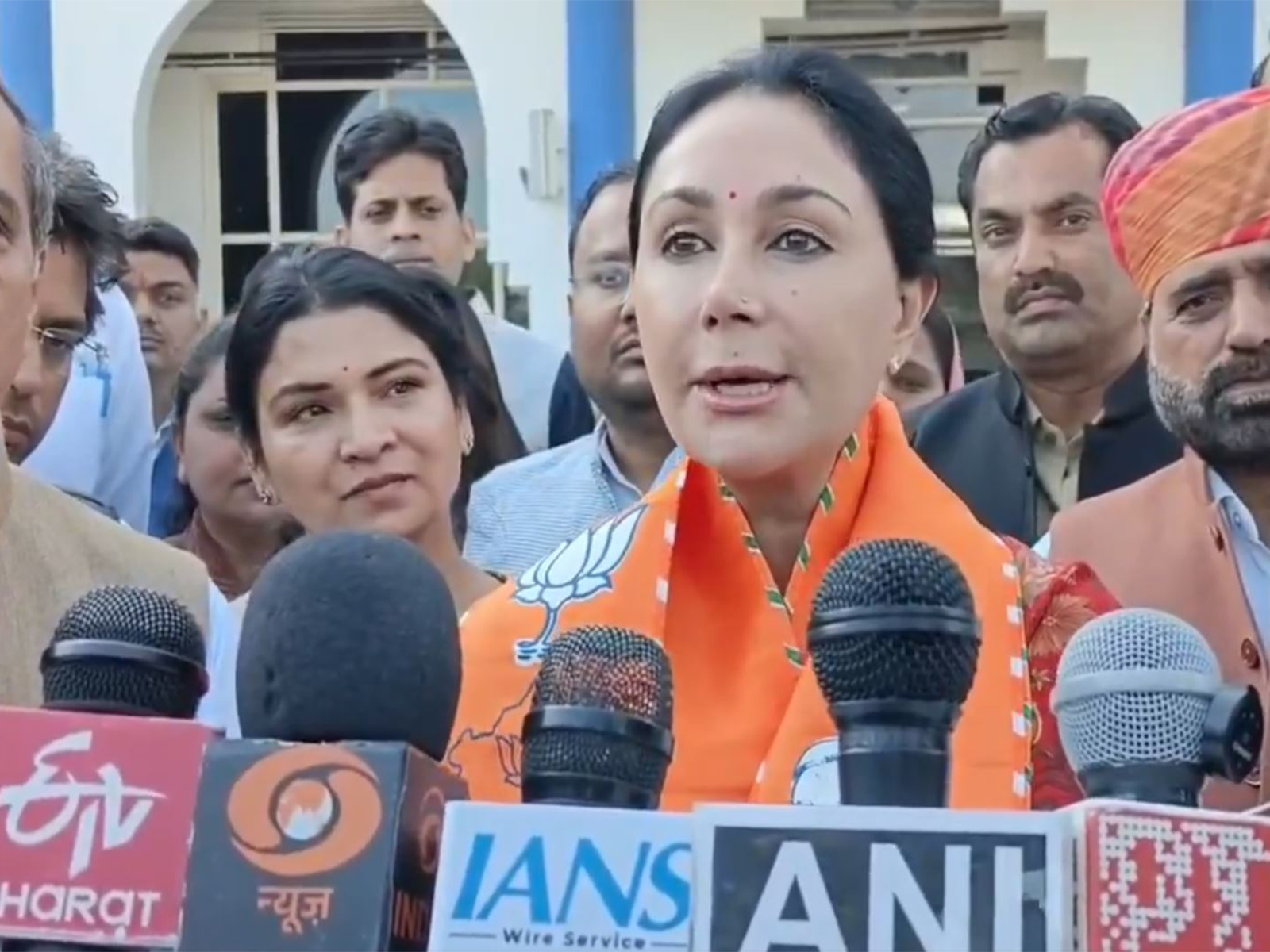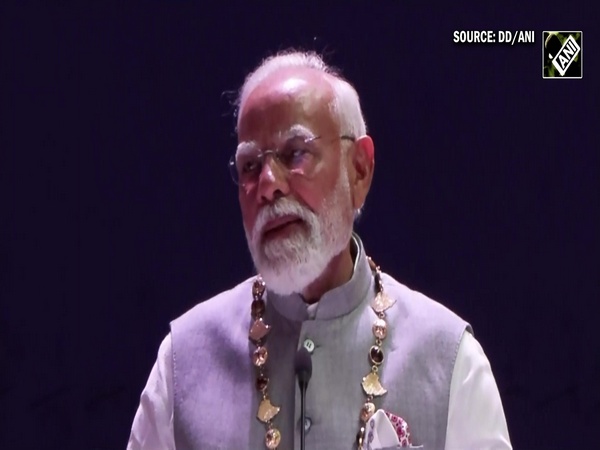Pakistan's Karachi reels under hottest period since 2015
Jul 01, 2024

Karachi [Pakistan], July 1 : Pakistan's Karachi city sweltered under harsh weather conditions on Sunday for the eighth consecutive day as the temperature surged to 39.2°C, however, high levels of humidity made it feel like 55°C, Pakistan-based daily The Dawn reported.
Chief Meteorologist at Pakistan's Meteorological Department, Dr Sardar Sarfaraz told the Dawn that the city's monthly average temperature remained 4 degrees Celsius higher than average during the ongoing heatwave. High levels of humidity make weather 'very difficult to bear'.
"With 39.2°C on Sunday, feels like the temperature surges to 55°C at 5 pm. The current weather conditions were the hottest since the 2015 heatwave during which the maximum temperature," Sarfaraz said.
When asked about the heatwave, he said that, "We are seeing a repeat of similar weather conditions after nine years. The deviation from monthly average temperature remained around or above four degrees Celsius in Karachi during the ongoing heatwave."
The Met department said that this year, the maximum temperature recorded was 42 degrees Celsius. In 2015 and 2024, heatwaves were caused by low atmospheric pressure areas.
"What's specific to Karachi is high levels of humidity that makes hot weather very difficult to bear as it increases the feels-like temperature manifold. This week, humidity has remained 50 per cent or above 50 per cent," he added.
He said that the minimum temperature of June this year had also remained high i.e. on an average of 29-30°C.
The ever-highest temperature of June in Karachi was 47°C, recorded on June 18, 1979. The highest temperature of May was 48°C, which was recorded on May 9, 1938.
While referring to a study by World Weather Attribution that has linked the 2022 devastating floods in Pakistan to climate change, Dr Sarfaraz said, "Weather patterns have changed due to the warming world. Studies suggest that intense weathers would become more frequent, prolonged and violent as global temperature rises."


